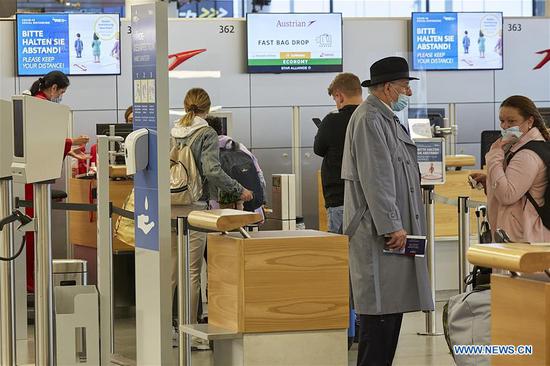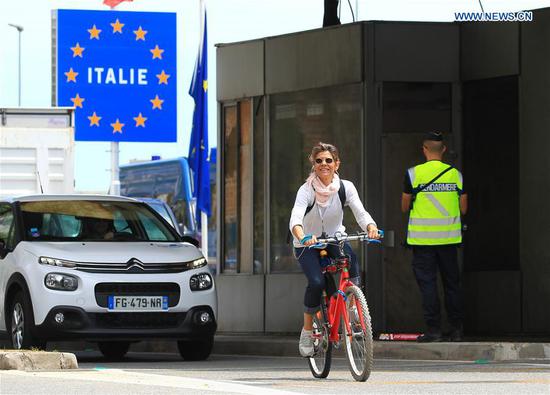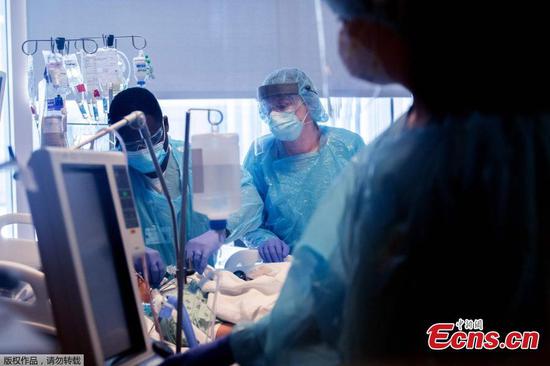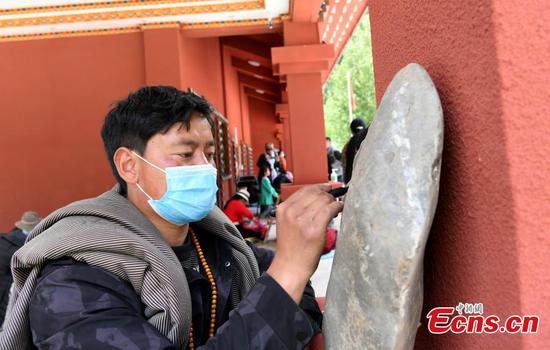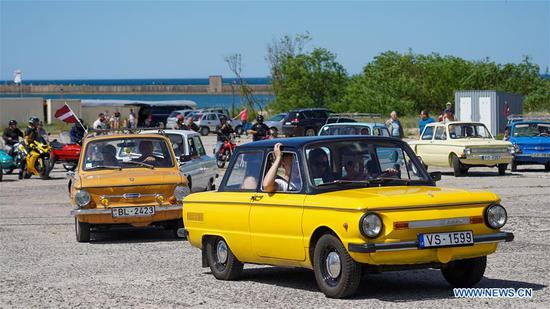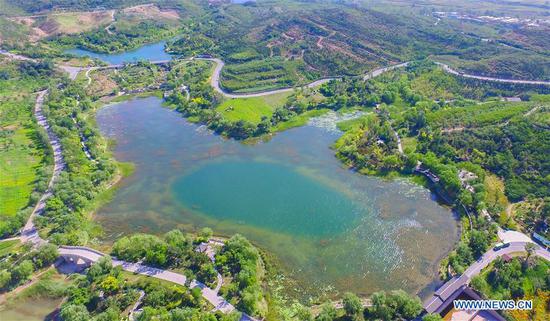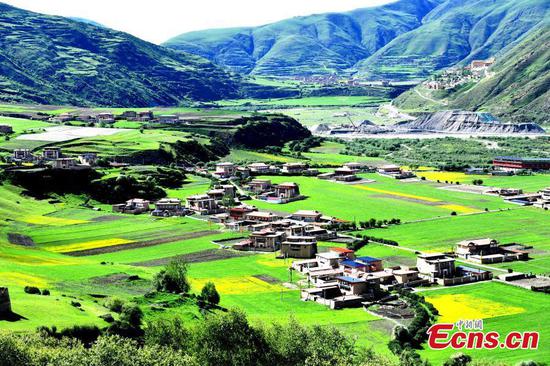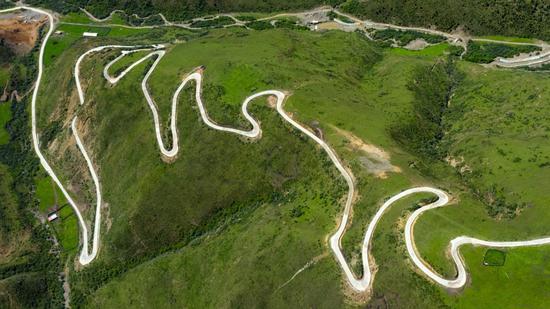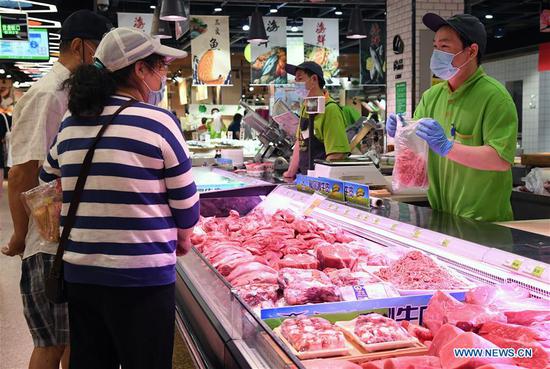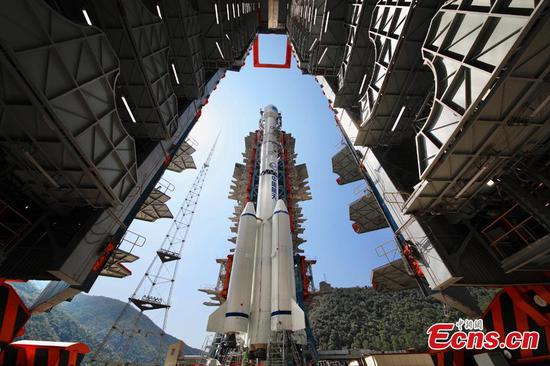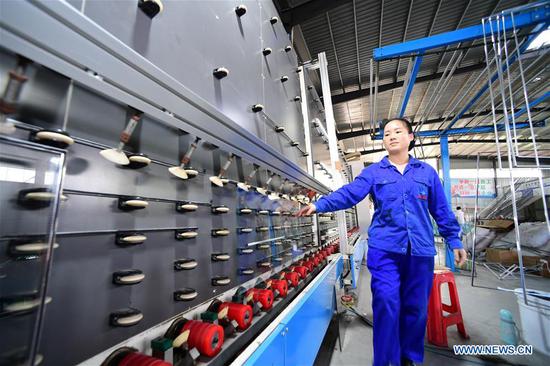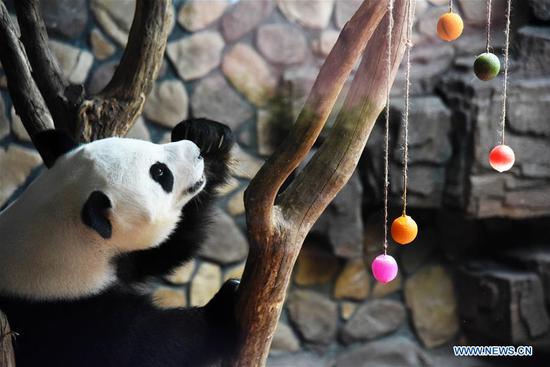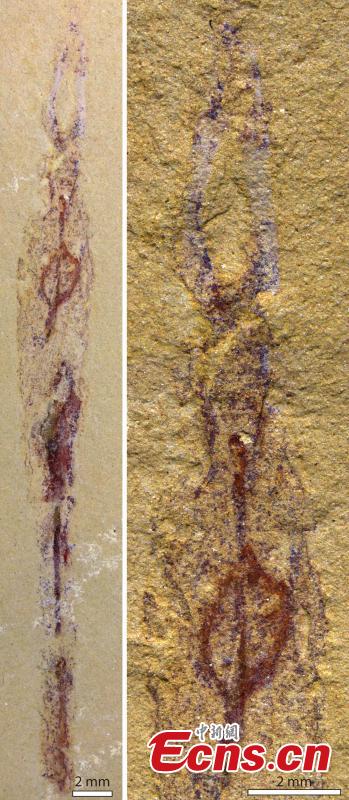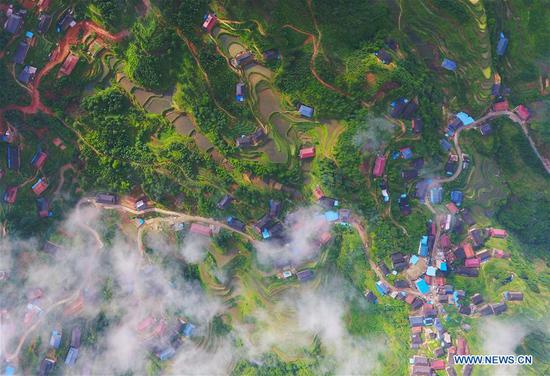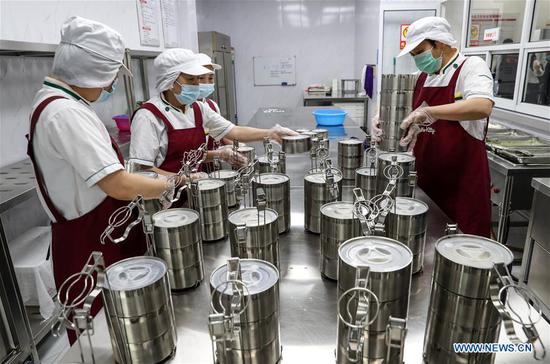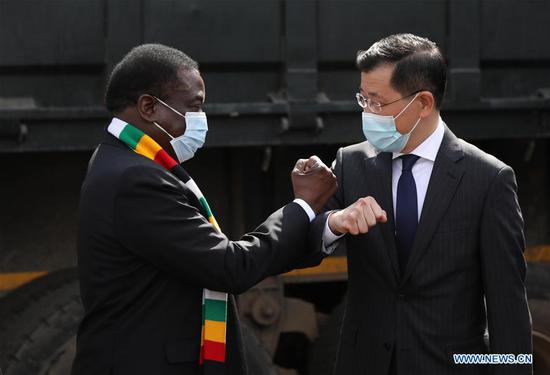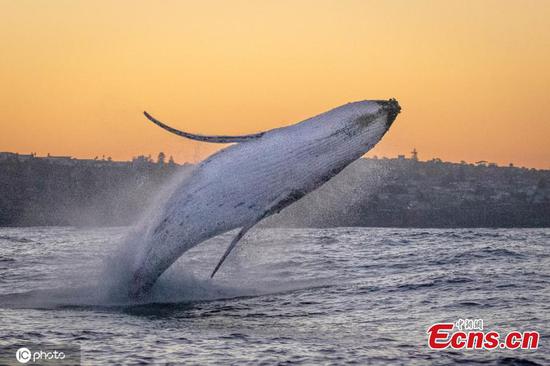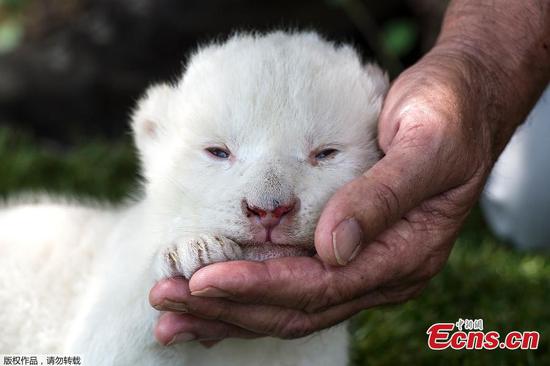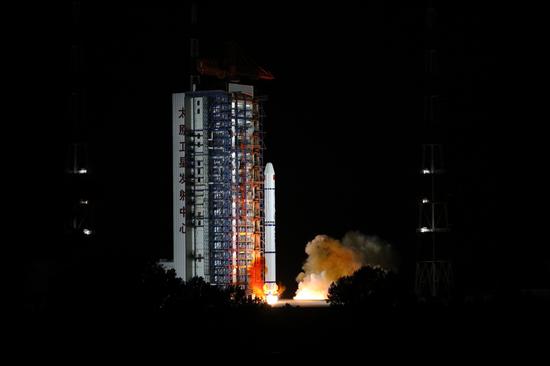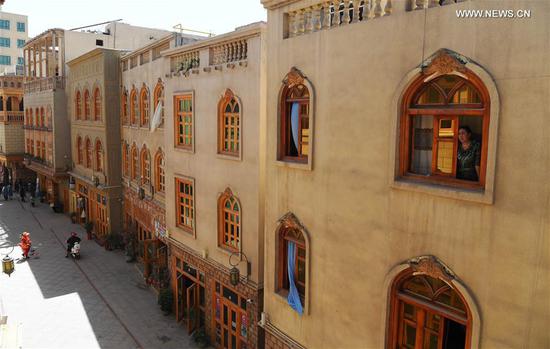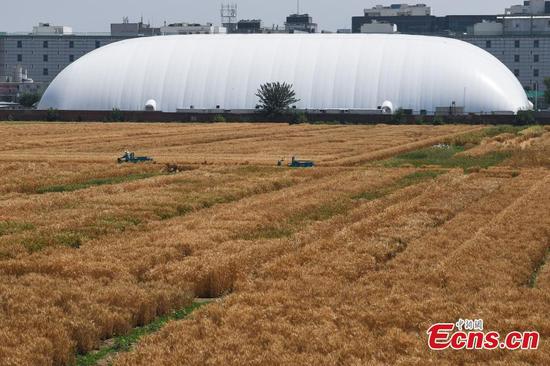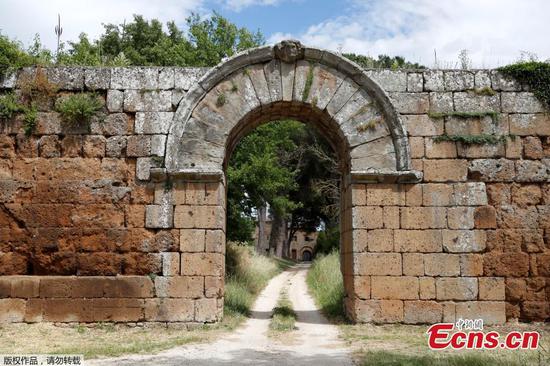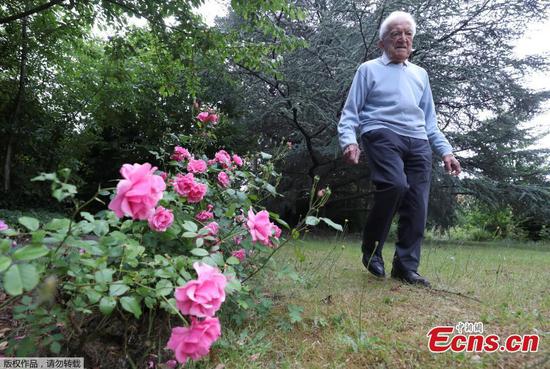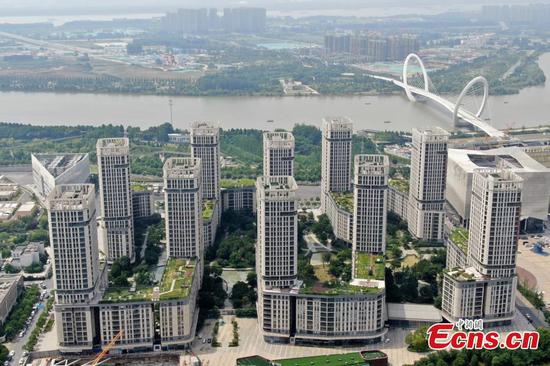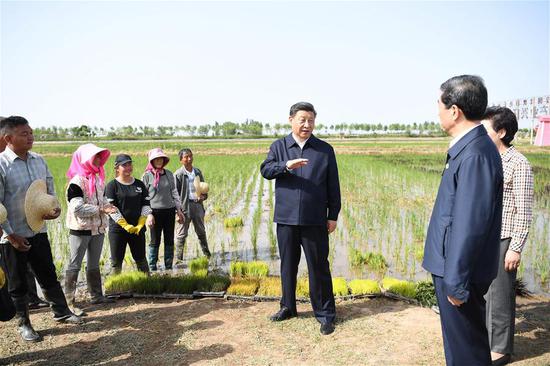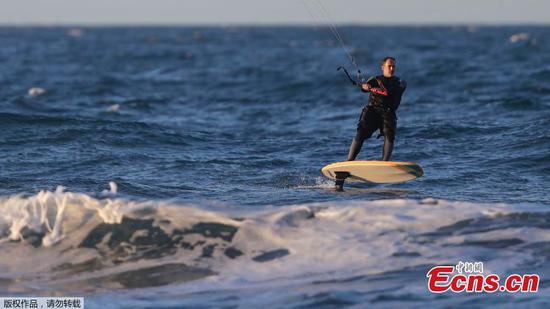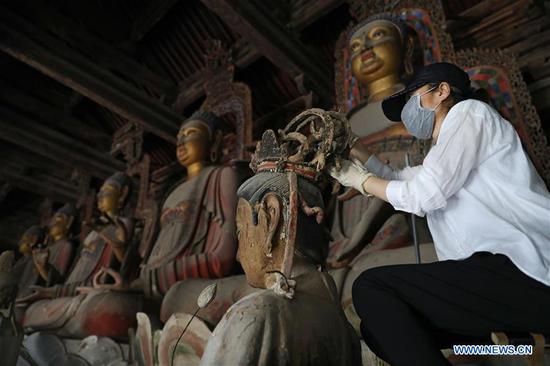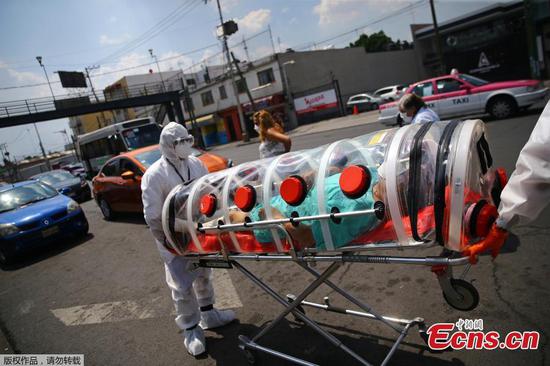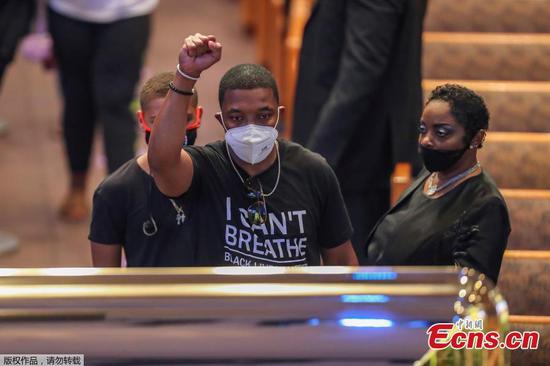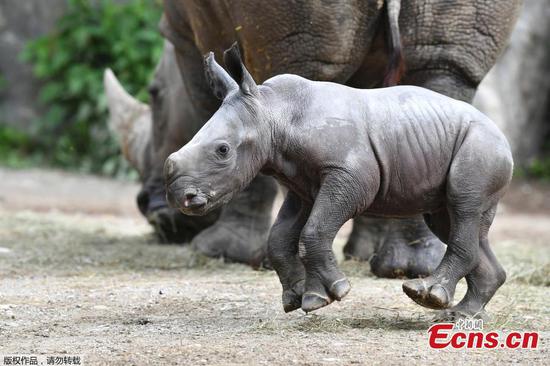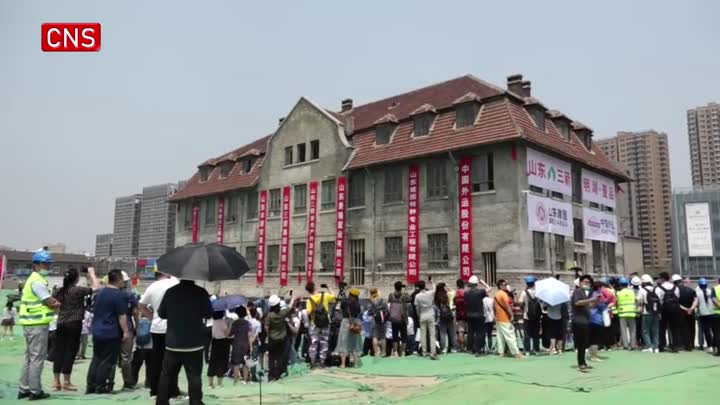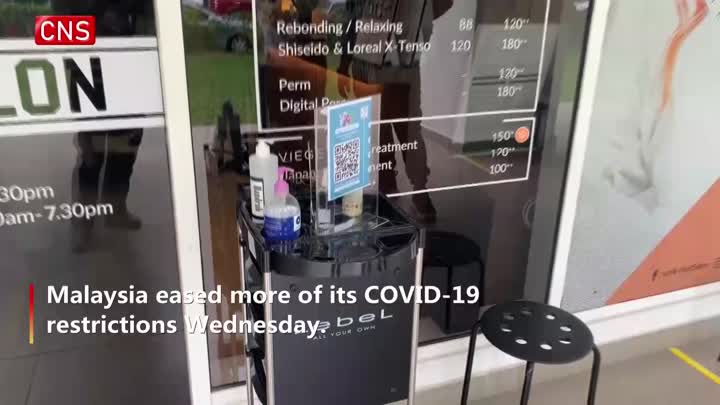The British-Swedish drugmaker AstraZeneca says it is talking to Brazil, China, Japan, and Russia about supplying the potential novel coronavirus vaccine it developed with scientists from the University of Oxford.
The news followed its announcement on the weekend that it had reached a deal with Europe's Inclusive Vaccines Alliance to deliver 400 million doses of the potential vaccine to European countries by the end of the year.
AstraZeneca has also struck deals with the United Kingdom and the United States to supply 700 million doses to those markets.
It has agreed to make 1 billion doses available to low and middle-income countries, through the Serum Institute of India.
Pascal Soriot, AstraZeneca's chief executive, told reporters the company has completed the latest stage of testing of the possible vaccine and is looking forward to Phase III.
"We hope to make the vaccine available widely and rapidly," Soriot added.
He said the company will imminently publish a report on the findings from the latest phase of testing but insisted he was "very confident" about the product that the UK government supported during the development stage with a 65.5-million-pound ($82-million) grant to the University of Oxford.
Soriot said the company will know for sure by the end of the summer whether its vaccine is 100 percent successful in protecting people from novel coronavirus infection.
The Medicines and Healthcare Products Regulatory Agency, the UK's regulatory body for products including vaccines, approved the vaccine for Phase III trials based on it showing sufficient efficacy and safety in earlier tests, Reuters reported.
Soriot said the company will use manufacturing facilities in Germany, Italy and the Netherlands to produce doses of the vaccine for European nations. It is not yet known where the vaccine will be produced for other nations.
Experts told the Bloomberg news agency the vaccine may be useful, even if it does not offer total protection against the novel coronavirus because nations may be willing to accept a vaccine that stops people becoming seriously ill and that prevents death, even if it does not fully block the virus. Such a vaccine would at least allow countries to end lockdowns and get their economies moving again.
Robin Shattock, a professor at Imperial College London, said nations will ask: "Is that protection against infection? Is it protection against illness? Is it protection against severe disease? It's quite possible a vaccine that only protects against severe disease would be very useful."
PharmaTimes Online said the vaccine, called AZD1222, will be tested on around 10,000 adult volunteers.
Several companies, including China's CanSino Biologics, the United States multinational Pfizer, and Glaxosmithkline are also developing promising potential vaccines.









